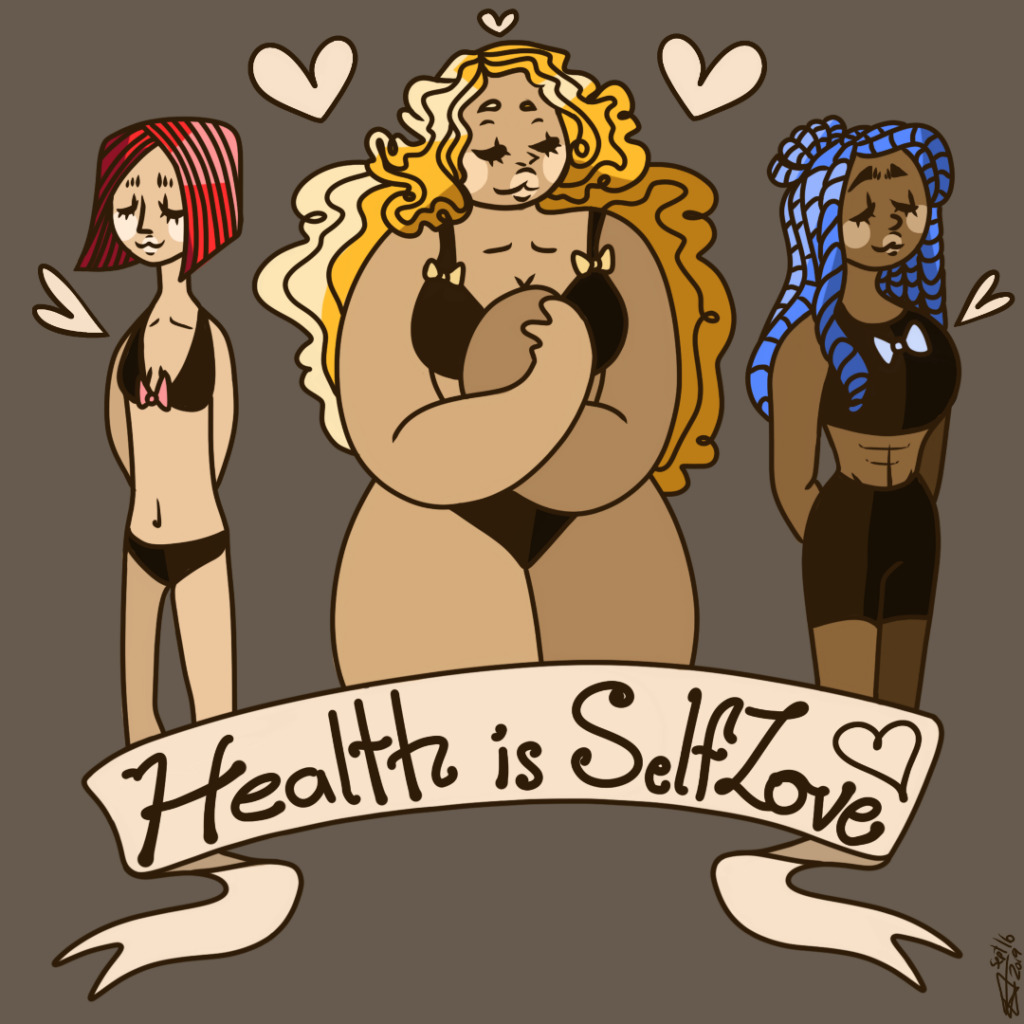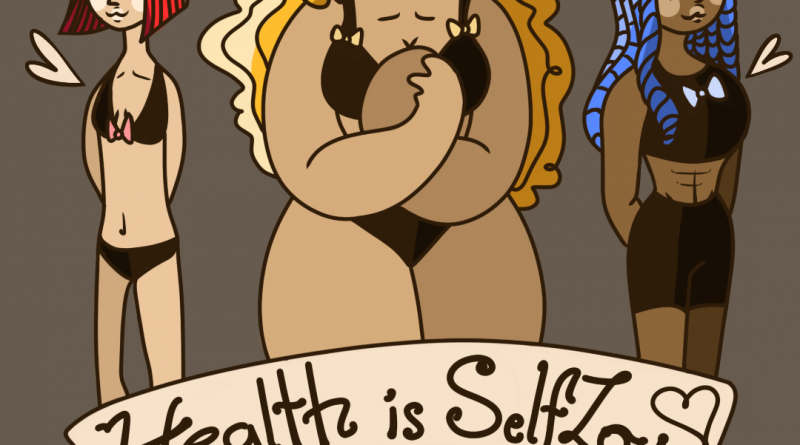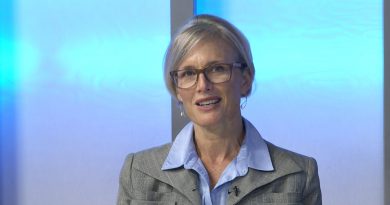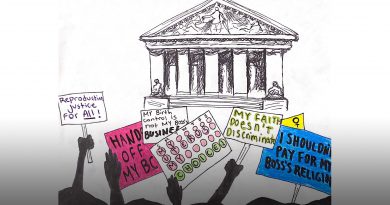Why The Fat Acceptance Movement Is A Public Health Issue

Fit, fat, and fabulous. One of these words does not belong in the same sentence. Hint: it’s not “fabulous.” This is how the proponents of the fat acceptance movement unapologetically choose to describe themselves. They demand freedom from a society that stigmatizes obesity and supposedly dictates what they should eat and how they should act. But the hard truth is that fat acceptance is a threat to the health of our nation.
The argument that being fat and healthy are not mutually exclusive is simply not true. Every person lies somewhere along the health continuum with one end of the spectrum representing illness and the other wellness. One’s lifestyle choices slowly inch a person toward one side or the other. When a morbidly obese person’s body is carrying an extra hundred pounds, the least we can expect is a change in activity tolerance or perhaps an altered gait; their body’s function is compromised. Therefore, linear thinking leads to the logical conclusion that obesity is an illness.
The American Heart Association lists seven risk factors that contribute to cardiovascular disease known as Life Simple 7, and being overweight is one of them. Apart from cardiovascular disease, obesity is a preventable cause of several cancers, type 2 diabetes, osteoarthritis, and stroke among other diseases.
Despite the irrefutable facts, fat activists vehemently discourage weight loss and any effort to increase wellness. They not only demand representation but want to silence all forms of dissent. Obese people can now be found on the glossy cover of Cosmopolitan and facetuned Instagram posts with the guise of glamour and glitz which only serves to compound the problem of glorifying and accepting a lifestyle that is not healthy.
One of the problems is that young people exposed to this in the media might look at it and think it’s okay and healthy to be obese. With the increasing prevalence of obesity, we are well on our way to make this a reality. But when did it become a problem to strive to be better? As a society, we can do better than settling for a new “normal.”
Being comfortable in your own body is important for mental health. However, failing to address the physical component of wellness is an ineffective way of moving toward the wellness end of the health continuum. A person can be beautiful, obese, and proactive. Making a simple diet alteration, partaking in light exercise, or increasing health literacy can make a difference.
Some claim that body-shamers don’t actually care about obese people’s health. However, whether or not this is the case, obesity also puts considerable economic strain on society.
According to the National League of Cities, an advocacy organization in the U.S., the medical cost of obesity-related illness was $190.2 billion in 2012 which accounted for 21% of total healthcare costs. Evidently, this illness not only afflicts us physically and mentally as individuals but adversely affects us economically as a nation.
Obesity is an epidemic that is ravaging our nation and we cannot afford to even imply that being overweight is okay. The lure of fat acceptance and the lifestyle it allows might sound enticing to the 93.3 million obese adults in our country, but at what cost? Fat activists do not want to be told what to do, but they should not get to demand what the rest of us do or have to say about it either.
It is not okay to shame or ridicule anyone for the way they look, but condemning people who influence others to make wrong lifestyle choices is imperative. Obese people are entitled to make their own choices, but they should have the information they need to make an informed decision and to not disseminate false information. To all fat activists: It’s okay to be informed. It’s okay to be wrong. It’s okay to love yourself and be healthier than you are right now.




